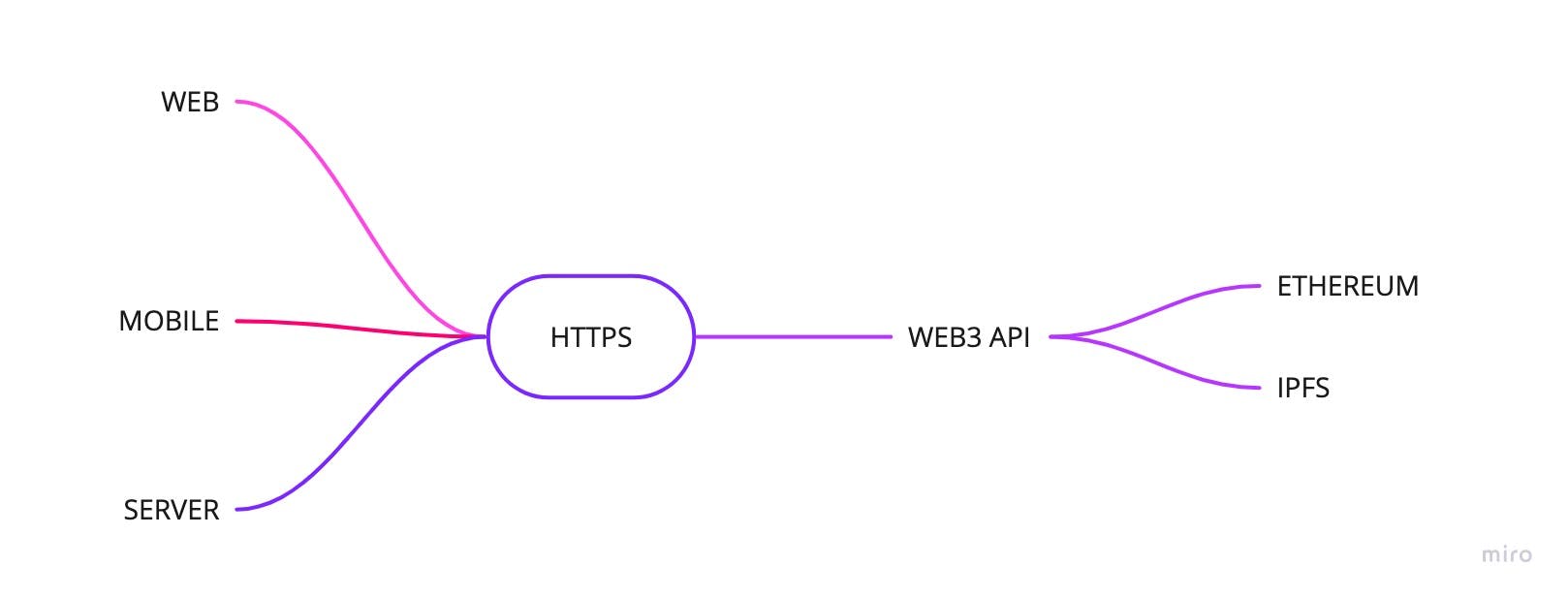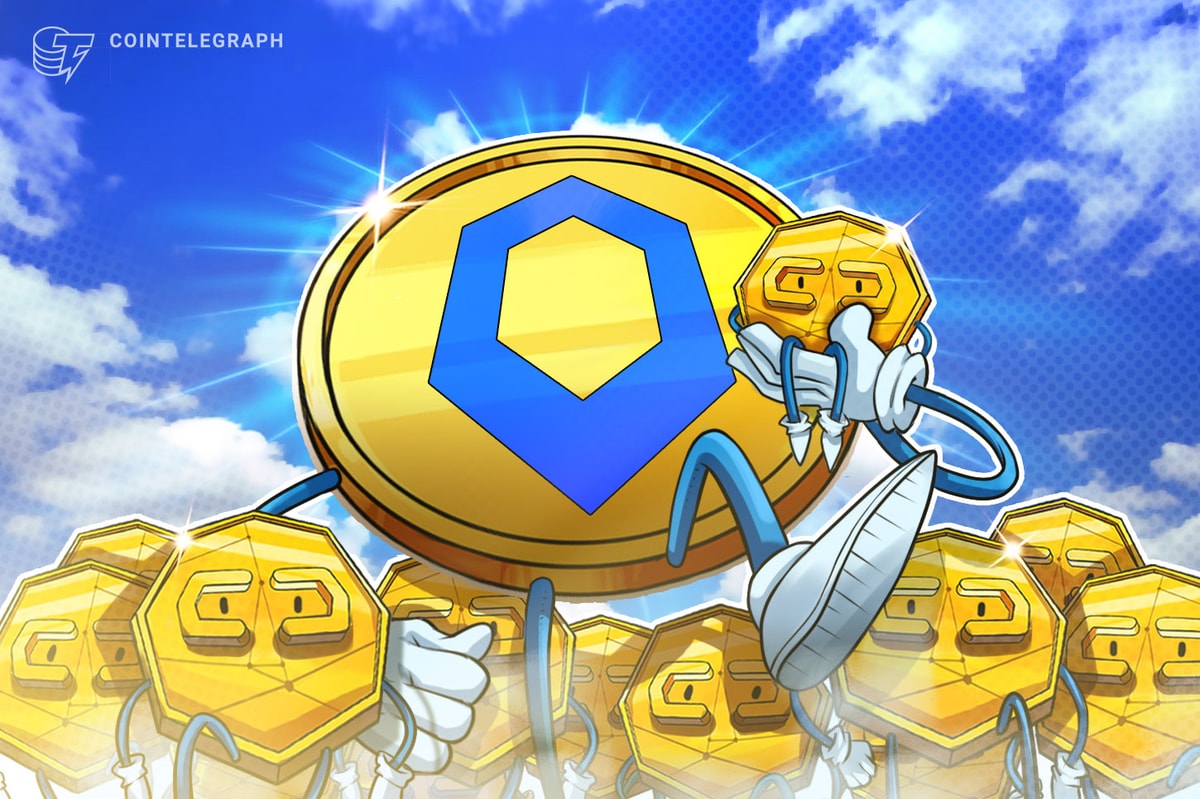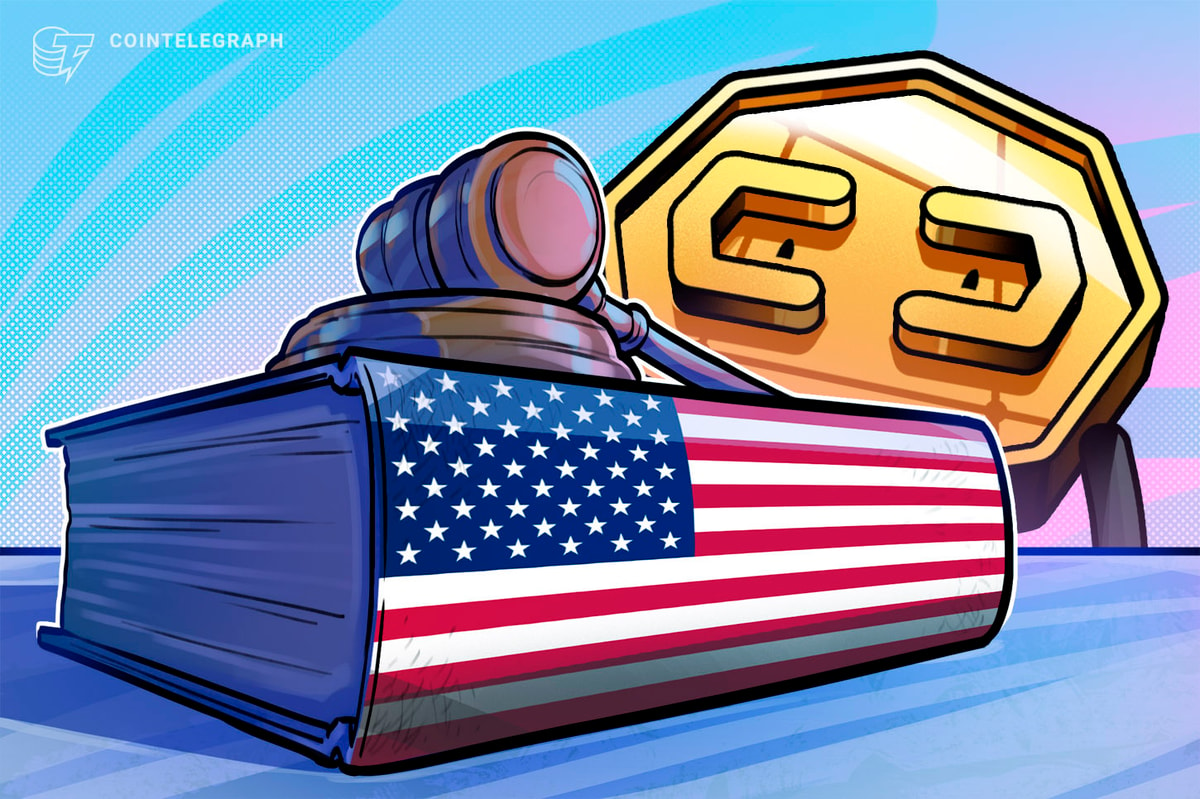Introduction
APIs help you create high-quality and maintainable decentralized applications (dApps) that interact with the blockchain to get information about blocks, transactions, metadata, token pricing, etc.
In this article, we’ll talk about different web3 platforms that provide efficient APIs that power communication between your dApps and the blockchain.
How Do dApps Communicate With The Blockchain?
DApps are blockchain-based applications that allow users to interact with smart contracts deployed on the blockchain.
Every dApp requires a remote procedure call (RPC) node to perform its functionalities, as it facilitates communication between your dApps and the blockchain.
This implies that without an RPC, your dApp will not be able to perform transactions on the blockchain.
What is an RPC Node?
Node: Computer or server
RPC is a traditional way of establishing a communication channel between two or more systems in different locations.
An RPC node is also called the brain-box of crypto, since it manages the interactions between systems. In a distributed system (like your dApp), the execution of subroutines in separate places is frequent.
RPCs can be compared to Rest APIs, which you can host yourself, but they only entertain a GET and POST communication method between two different systems (your dApp and the blockchain). On the other hand, Rest APIs support the GET, POST, PATCH, PUT, and DELETE methods.
Should You Develop an RPC Node?
Short answer: No! Don’t do it.
Long answer: RPC nodes can be very difficult to develop and maintain by yourself, especially if you’re building one for your dApp with little to no knowledge of when and how to use them correctly.
Below are some of the limitations of developing and self-hosting an RPC node:
- RPCs are not standard, the concept can be implemented in different ways.
- RPCs require complex infrastructure to work properly.
- RPCs are time-consuming because of their complex infrastructure.
- RPCs are expensive to create and maintain.
- RPCs require a lot of resources.
- RPC is only interaction-based.
- Building around RPC Nodes is not a long-term solution.
RPC limitations can be exhausting. You probably don’t even need to develop or host an RPC node on your own because now, there are many web3 platforms that provide solutions to these limitations.
The RPC service providers offer a web3 backend service and some of the best web3 and NFT APIs to power your dApp with a small fee..
What Are Web3 APIs?
Web3 APIs are blockchain APIs made available by web3 platforms like Moralis, Alchemy and QuickNode. These platforms address the limitations of RCP nodes, and allow anyone to query data across multiple blockchain projects in a simple way that saves time and resources.

With a single line of code, web3 APIs can be used to authenticate a user and retrieve information about blocks, transactions, NFT metadata, token prices, etc.
Before creating an RPC from scratch, you should look at these web3 platforms to see whether…
Read More: web3.hashnode.com









 Bitcoin
Bitcoin  Ethereum
Ethereum  Tether
Tether  XRP
XRP  Solana
Solana  USDC
USDC  Cardano
Cardano  Dogecoin
Dogecoin  TRON
TRON  Lido Staked Ether
Lido Staked Ether  Wrapped Bitcoin
Wrapped Bitcoin  Pi Network
Pi Network  Chainlink
Chainlink  LEO Token
LEO Token  Stellar
Stellar  Toncoin
Toncoin  Wrapped stETH
Wrapped stETH  USDS
USDS  Hedera
Hedera  Avalanche
Avalanche  Shiba Inu
Shiba Inu  Sui
Sui  Litecoin
Litecoin  Bitcoin Cash
Bitcoin Cash  Polkadot
Polkadot  MANTRA
MANTRA  WETH
WETH  Ethena USDe
Ethena USDe  Bitget Token
Bitget Token  Binance Bridged USDT (BNB Smart Chain)
Binance Bridged USDT (BNB Smart Chain)  Hyperliquid
Hyperliquid  WhiteBIT Coin
WhiteBIT Coin  Wrapped eETH
Wrapped eETH  Monero
Monero  Uniswap
Uniswap  sUSDS
sUSDS  Aptos
Aptos  NEAR Protocol
NEAR Protocol  Dai
Dai  Pepe
Pepe  Internet Computer
Internet Computer  OKB
OKB  Ondo
Ondo  Ethereum Classic
Ethereum Classic  Gate
Gate  Aave
Aave  Coinbase Wrapped BTC
Coinbase Wrapped BTC  Mantle
Mantle  Official Trump
Official Trump